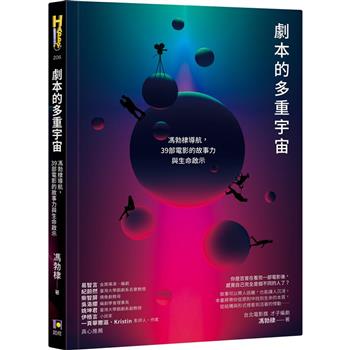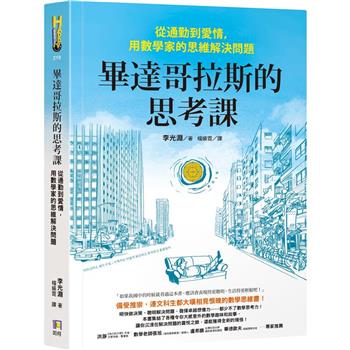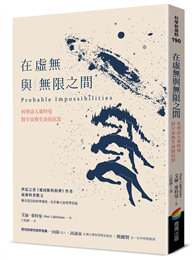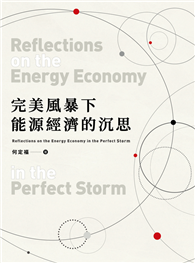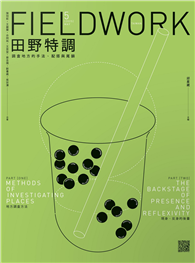The Brazilian semi-arid region is one of the poorest regions in the country, due to the fact that it has to contend with climatic adversities, including long periods of drought, insufficient investment in infrastructure and increased access to social policies. Faced with this reality, the One Million Cisterns Programme (P1MC) emerged through the mobilisation of civil society, with the aim of creating water storage techniques for living in the semi-arid region. The aim of this work is to evaluate the P1MC in the community of Lages in the municipality of Quixeramobim, located in the Sertão Central region of the state of Ceará and part of the Brazilian semi-arid region, in terms of its technological, conceptual and social aspects. It was concluded that the families in the community consider the programme to be very important, with a positive difference between before and after the programme, that the cisterns did not present any serious physical problems and were therefore resistant to storing water, and that the social impacts were positive, making it an extremely important programme for living in the semi-arid region.
| FindBook |
有 1 項符合
The Cisterns Programme: Technological, Conceptual and Social Assessment的圖書 |
 |
The Cisterns Programme: Technological, Conceptual and Social Assessment 作者:Nogueira Da Silva 出版社:Our Knowledge Publishing 出版日期:2024-12-27 語言:英文 規格:平裝 / 64頁 / 22.86 x 15.24 x 0.38 cm / 普通級/ 初版 |
| 圖書館借閱 |
| 國家圖書館 | 全國圖書書目資訊網 | 國立公共資訊圖書館 | 電子書服務平台 | MetaCat 跨館整合查詢 |
| 臺北市立圖書館 | 新北市立圖書館 | 基隆市公共圖書館 | 桃園市立圖書館 | 新竹縣公共圖書館 |
| 苗栗縣立圖書館 | 臺中市立圖書館 | 彰化縣公共圖書館 | 南投縣文化局 | 雲林縣公共圖書館 |
| 嘉義縣圖書館 | 臺南市立圖書館 | 高雄市立圖書館 | 屏東縣公共圖書館 | 宜蘭縣公共圖書館 |
| 花蓮縣文化局 | 臺東縣文化處 |
|
|
圖書介紹 - 資料來源:博客來 評分:
圖書名稱:The Cisterns Programme: Technological, Conceptual and Social Assessment
|
